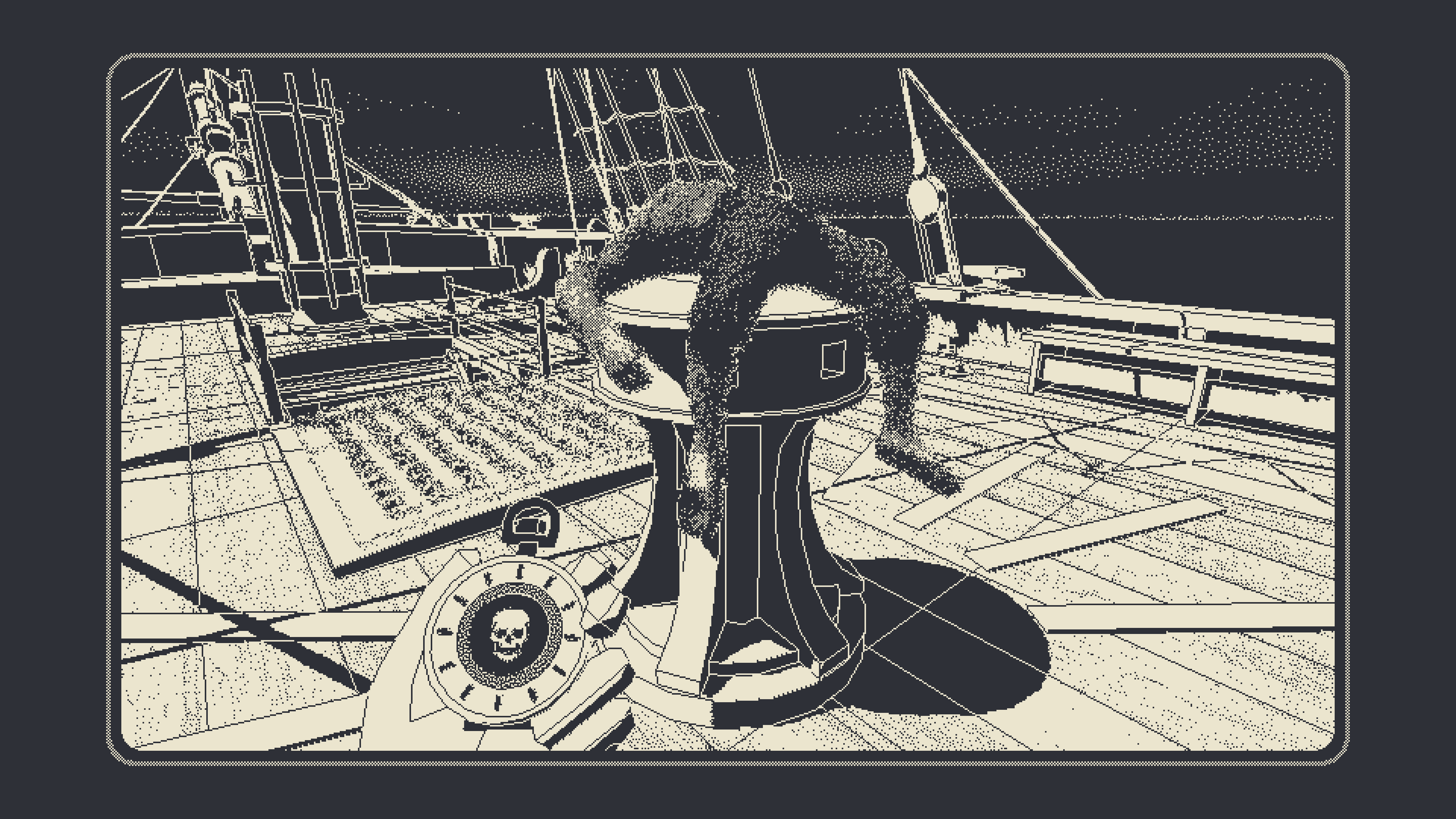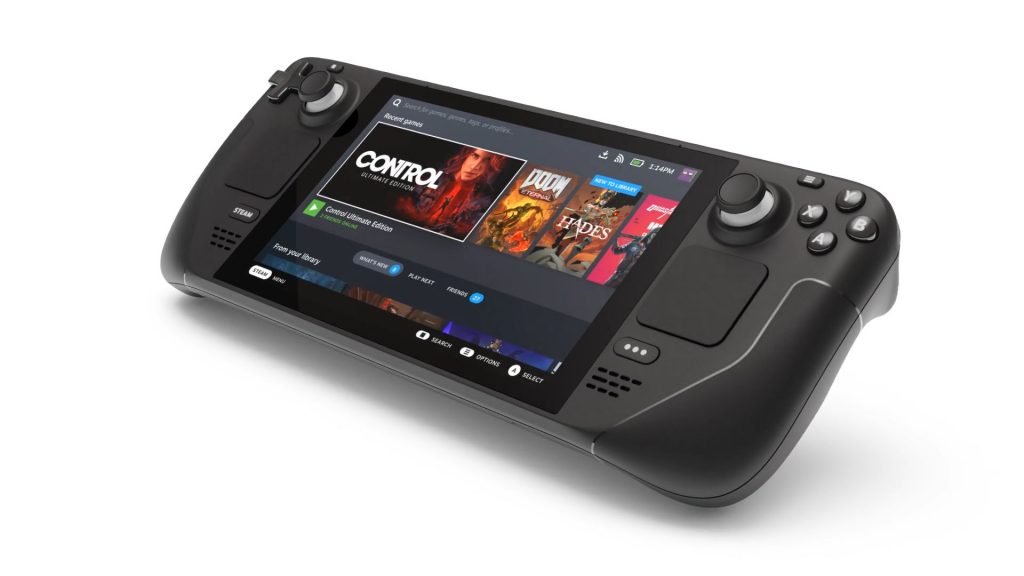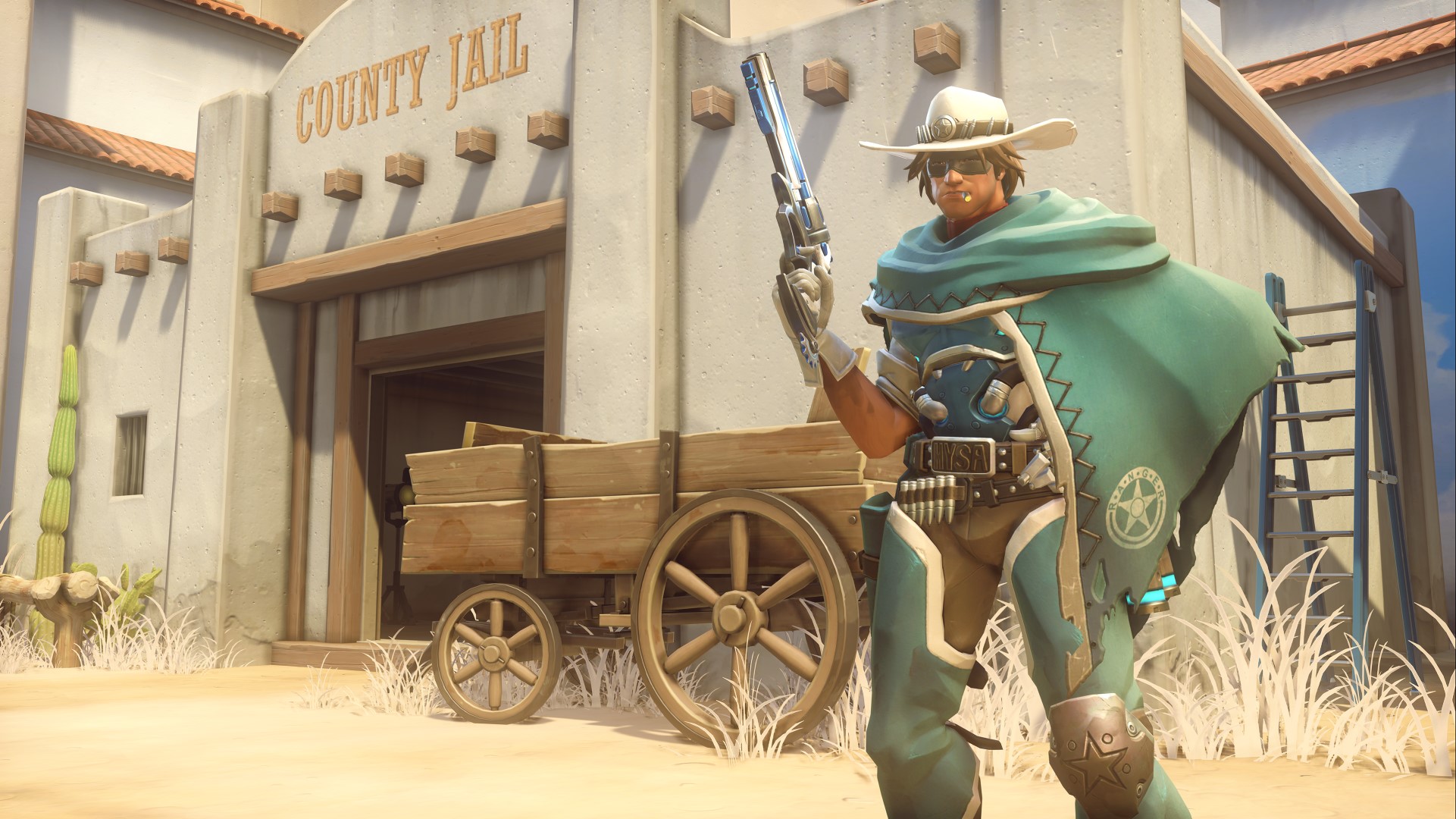
A lot of video games are great at creating the illusion of being a detective. You interrogate suspects, search crime scenes for clues, analyse evidence, and do everything else an investigator does. But all the while your hand is being guided by the developer behind the scenes. Sometimes obviously, sometimes in a more subtle way. Games like L.A. Noire, Phoenix Wright, and Disco Elysium are excellent, but don't require much actual deduction to solve their cases. All you have to do is follow the story, interact with everything, talk to everyone, and you'll get your final resolution, one way or another.
But some detective games are different. A select few force you to actually be a detective, using varying degrees of observation, intuition, and deduction to crack their cases. These games are few and far between, because designing a game like this, with this level of player agency, is a difficult thing to get right. But when a developer pulls it off, it's rewarding on a whole other level. You'll know you've stumbled on one of these rare treats when you find yourself reaching for a notepad and pen mid-game to keep track of their tangled webs of clues and suspects—which only heightens the satisfying feeling of being a proper detective.
Related: The 10 Best Murder Mystery Themed Tabletop Games
Return of the Obra Dinn, a maritime mystery by Papers, Please creator Lucas Pope, is a recent example of a detective game where you really have to figure things out for yourself. You play as an insurance investigator aboard a ghost ship, the titular Obra Dinn, whose entire crew has mysteriously vanished. There are 60 sailors whose fates you have to determine, using a magical pocket watch to revisit the moment they died. The how is, in most cases, fairly evident: there's no real mystery about why the guy with the harpoon through his chest is dead. But figuring out who each sailor was is where things get tricky.

In each death scene, represented as explorable 3D vignettes, you'll see and hear subtle clues: a name being called out, a tattoo on someone's arm, an accent, a person performing a certain job. And by cross-referencing these clues with the crew manifest, and a photo of them all gathered on the deck in happier times, you can figure out who they are. Correctly identifying the name and cause of death of every soul on the ship is a real test of your observation, logic, and memory skills. And the game never, ever holds your hand, which means you feel like a genius whenever you make a successful deduction.
Sherlock Holmes: Crimes & Punishments is another game that, while not as freeform as Obra Dinn, gives you the opportunity to draw your own conclusions about a case. As you explore its beautiful, atmospheric environments, clues you discover appear in a visual representation of Holmes's brain. You can then drag these together, connecting synapses to form conclusions. But in a rare example of a detective game letting you be a crappy detective, these conclusions can be wrong—and it's possible to pin the crime on an innocent person. You even get to choose if you want to know if you were wrong or not.
Paradise Killer, a sensational debut from tiny indie studio Kaizen Game Works, also lets you be a bad detective. This surreal murder mystery is set on a bizarre, dreamlike tropical island, and has an absolutely incredible soundtrack. But what sets it apart from other detective games is that it's open world. You explore the island freely, at your own pace, gathering clues to build a case, which you can then present to the court whenever you're ready. But if you don't have all the facts, you can end up accusing the wrong person—and when a death penalty is on the cards, that's a pretty huge mistake to make.

The first time I took my case to court, something didn't feel right. I had enough evidence to accuse a suspect, and the pieces seemed to fit. But there were a few gaps in my theory that were bugging me. So I reloaded a save, swept the island for clues again, and found a single, well-hidden piece of evidence that completely transformed my perception of the case. At court it was a totally different trial, and I cursed myself for jumping to conclusions the first time around. Paradise Killer, much like Obra Dinn, puts a huge amount of trust and confidence in you as a player: always the hallmark of a great detective game.
Hypnospace Outlaw also has a lot of faith in the player. In this weird, wonderful game by indie studio Tendershoot you police a gloriously strange simulated late '90s internet, locating and destroying illegal content. Whether it's copyright infringement, harassment, or malicious software, you have to scour the garish, animated, gif-strewn pages of this GeoCities-style web to uncover various cyber-crimes. This involves cracking passwords, rooting out hidden pages, and infiltrating file servers, which you have to figure out yourself by learning and exploiting the game's stylish fictional operating system.
Then there's Her Story, an experimental FMV police procedural where you dig through a fragmented archive of interrogation clips. By typing in keywords (things like 'murder' to begin with, but getting much more granular later) you take a non-linear path through the archive, and the story becomes clearer with each clip you uncover. This is a detective game where you have to piece the case together entirely in your head. There's nothing keeping track of the clues or revelations you discover besides your own mind, which forces you to think like a detective to make sense of its labyrinthine mystery.
A good detective game doesn't need to make you do the legwork yourself, but it can elevate the experience. The games above are very different in terms of their design and systems, but share a common purpose: giving you agency over the crimes you're investigating. You can tell a great detective story in any form, whether it's a novel, film, TV series, or comic book. But getting to roll your sleeves up and solve the case yourself, rather than sitting back and passively watching Poirot do it, is an experience you can only really get from a video game. And that's a strength these games play to brilliantly.
Next: Mystery Solved: The 10 Best Detective Games

